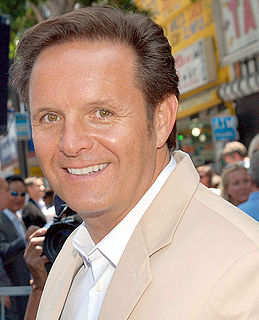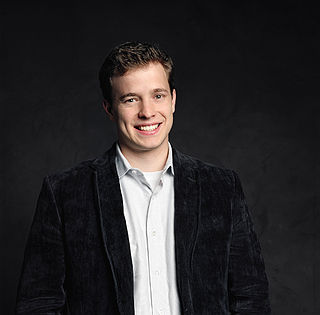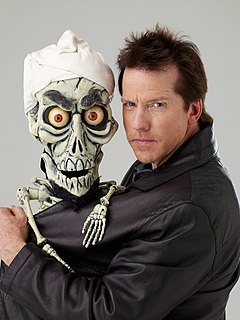A Quote by Mark Burnett
One of the greatest freedoms of living in America is being able to ask the question: "If I could do anything I wanted with my life - money being no object - what would I do?" In many parts of the world, people don't have the luxury of asking that question.
Related Quotes
And one day we must ask the question, "Why are there forty million poor people in America?" And when you begin to ask that question, you are raising questions about the economic system, about a broader distribution of wealth. When you ask that question, you begin to question the capitalistic economy.
It's the most annoying question and they just can't help asking you. You'll be asked it at family gatherings, weddings, and on first dates. And you'll ask yourself far too often. It's the question that has no good answer. It's the question that when people stop asking it, you'll feel even worse. - WHY ARE YOU SINGLE?
I travel a lot. It used to be, when I would go to any country, I could guarantee that the first question would establish my name, and the fact that I've written Roots, and the third question, at least no later than the fourth question would not be a question, so much as a statement, something like, "We understand that in America white people do such and such bad things to black people."
If you ask a living teacher a question, he will probably answer you. If you are puzzled by what he says, you can save yourself the trouble of thinking by asking him what he means. If, however, you ask a book a question, you must answer it yourself. In this respect a book is like nature or the world. When you question it, it answers you only to the extent that you do the work of thinking an analysis yourself.
It's important to be able to simply ask the questions. Every single advance in science comes about because of courage to ask a question, an outrageous question. Like "Can a large heavy metal object fly if it goes fast enough with the right design?" People's worldviews are changed when they see that something unbelievable is possible. Airplane flight is now taken for granted. And so all wonderful advances start with an outrageous question.
Is there an answer to the question of why bad things happen to good people?...The response would be…to forgive the world for not being perfect, to forgive God for not making a better world, to reach out to the people around us, and to go on living despite it all…no longer asking why something happened, but asking how we will respond, what we intend to do now that it has happened.
I listen to all these complaints about rudeness and intemperateness, and the opinion that I come to is that there is no polite way of asking somebody: have you considered the possibility that your entire life has been devoted to a delusion? But that’s a good question to ask. Of course we should ask that question and of course it’s going to offend people. Tough.
What is there to understand? The significance of life? How long will it take to understand the significance and the meaning of life? 20 years? 30 years? And the same question will be here in another 20 years, I guarantee you. Until you stop asking that question. When that question is not there, you are there. So that's the reason why you keep asking the question: you do not want the question to come to an end. When that comes to an end, there will not be anybody, left there, to find out the meaning, the purpose and the significance of life.
The question of why evil exists is not a theological question, for it assumes that it is possible to go behind the existence forced upon us as sinners. If we could answer it then we would not be sinners. We could make something else responsible...The theological question does not arise about the origin of evil but about the real overcoming of evil on the Cross; it ask for the forgiveness of guilt, for the reconciliation of the fallen world
The question I'm always asking myself is: are we masters or victims? Do we make history, or does history make us? Do we shape the world, or are we just shaped by it? The question of do we have agency in our lives or whether we are just passive victims of events is, I think, a great question, and one that I have always tried to ask.
In doing the research, I found myself consumed by a single, overwhelming question, as relevant today as it was seventy years ago: When would I, as a wife and mother, risk my life - and more importantly, my child's life - to save a stranger? That question is at the very heart of The Nightingale. I hope that everyone who reads the novel will ask themselves the question.



































